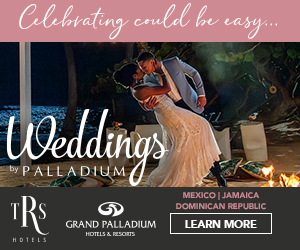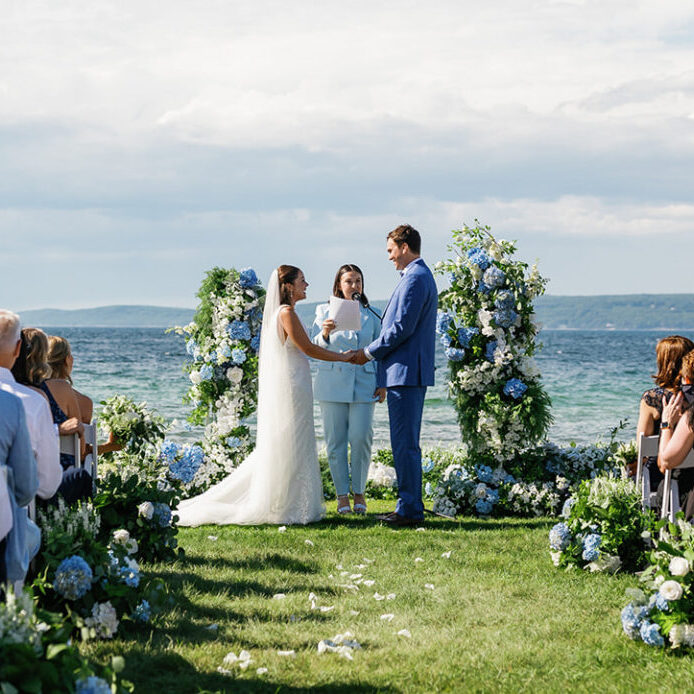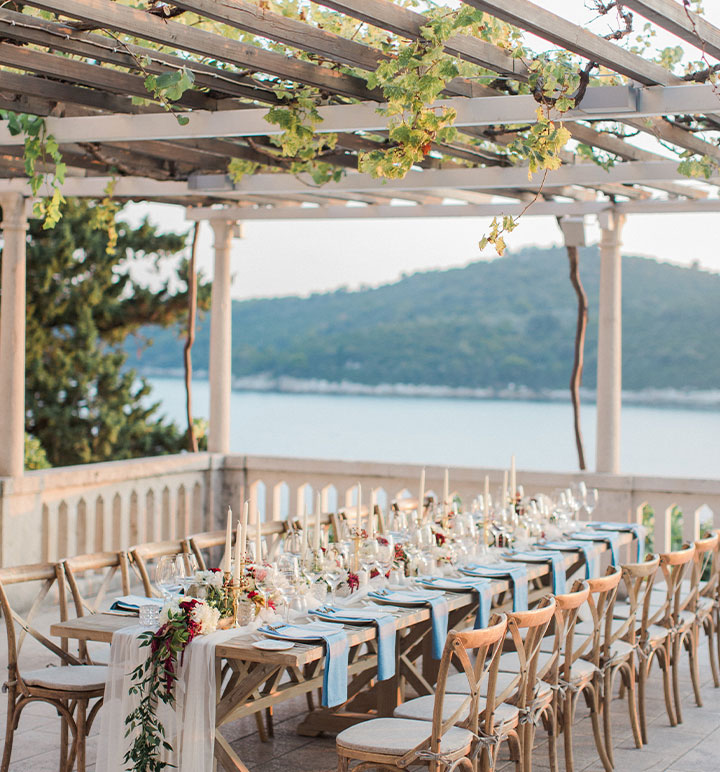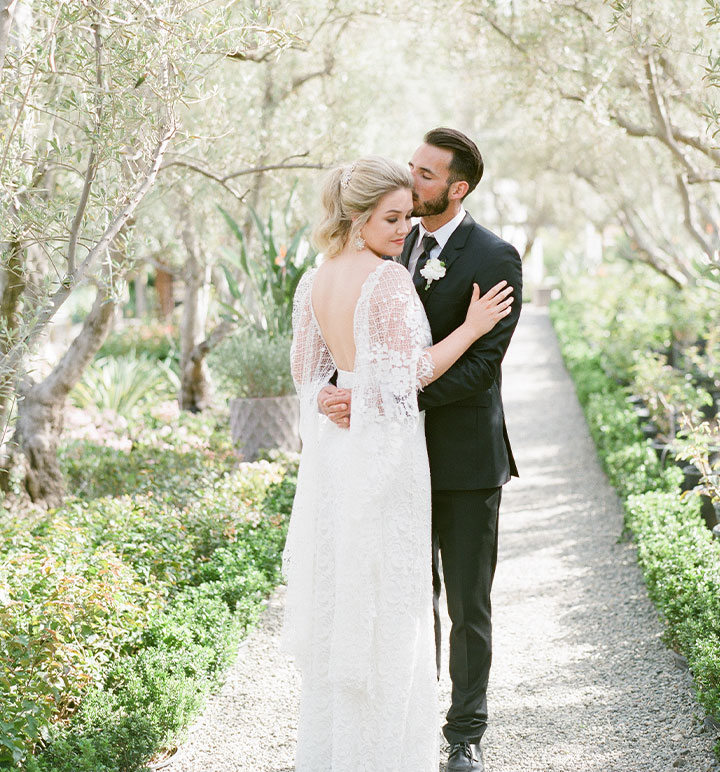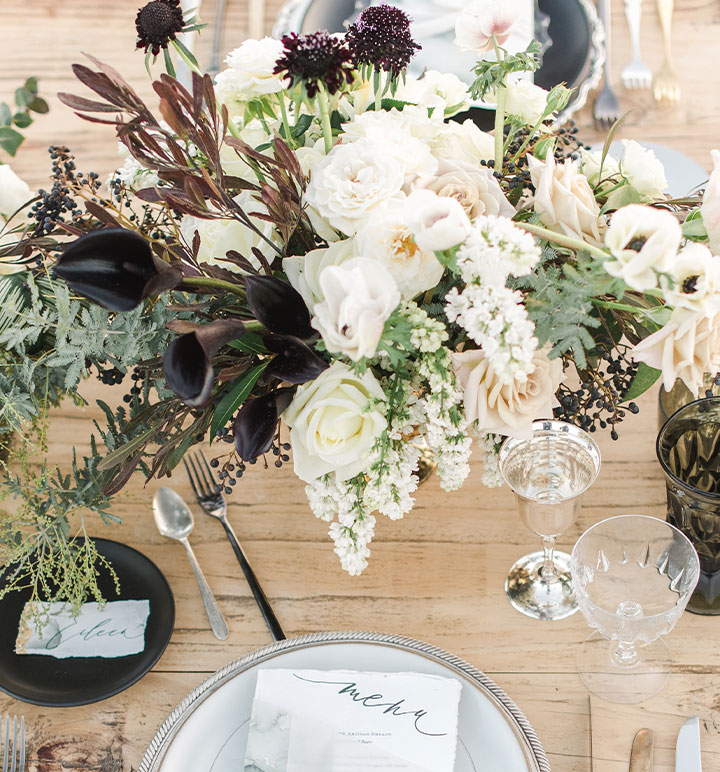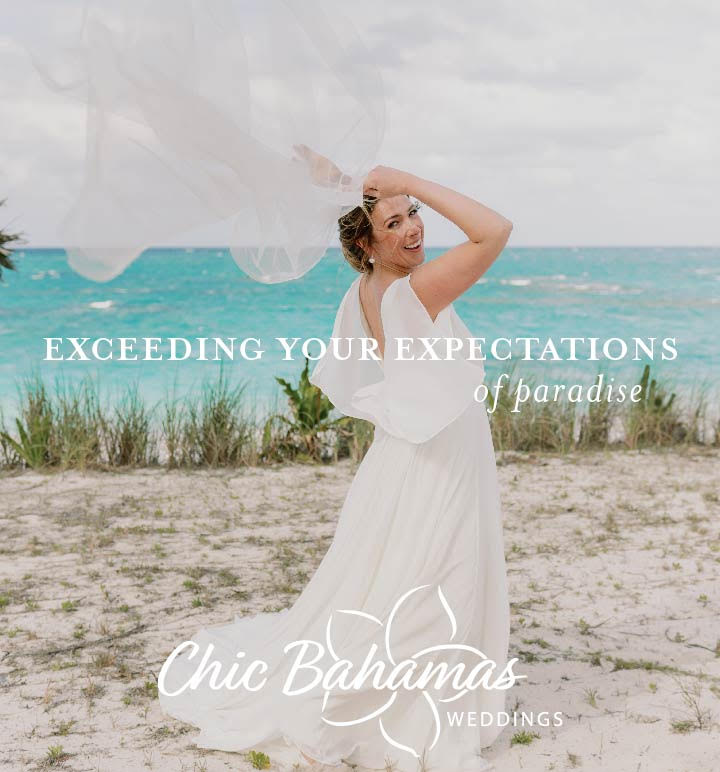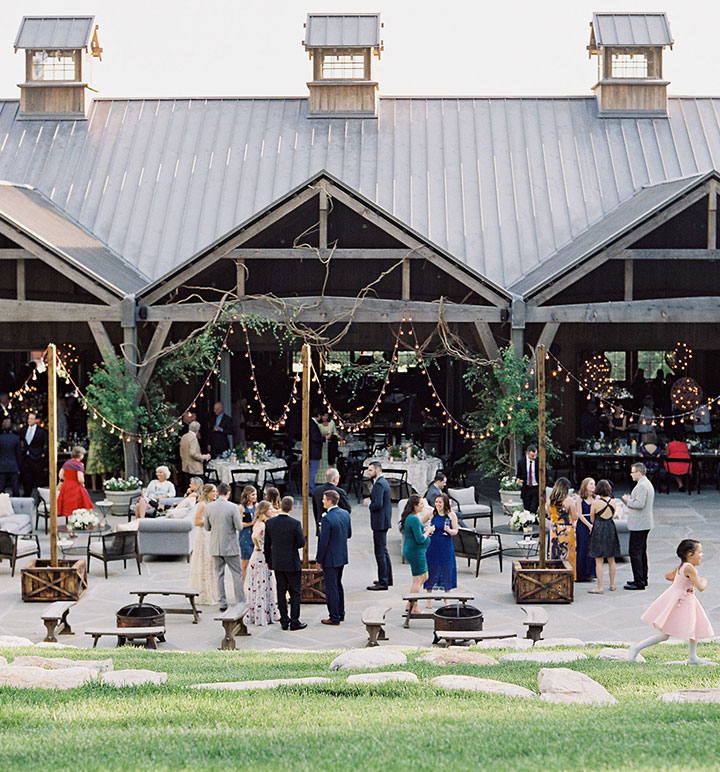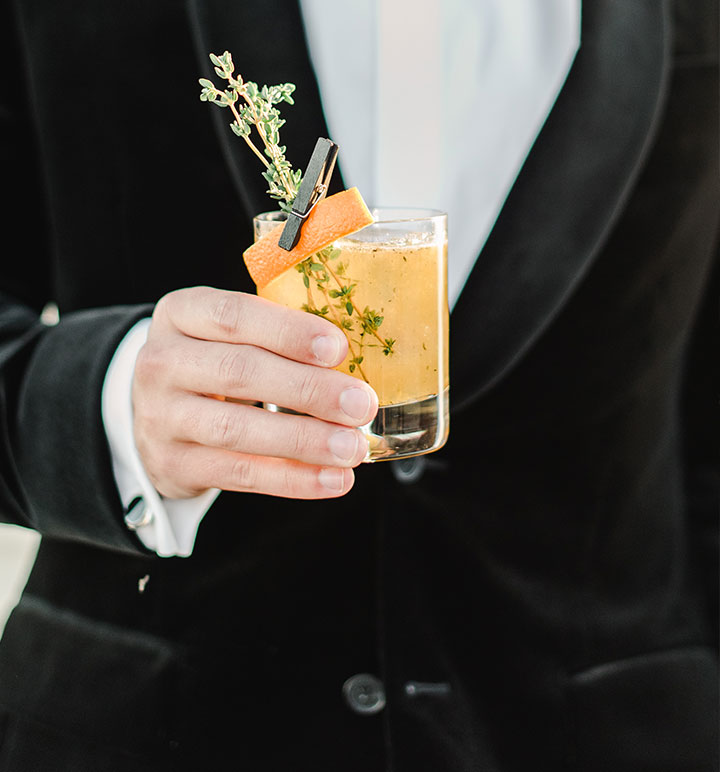
COVID-19 Wedding Gathering Guide
CATEGORIES
April 2, 2021
Words by
Photos courtesy of
Arguably the biggest obstacle facing wedding plans and events at this moment is how to gather in a safe and responsible manner. Without direction or understanding of restrictions set in place, couples and groups are left scrambling to figure out how to move forward. Restrictions are changing country-to-country, state-to-state and even county-to-county.
Thought leader, educator, author, principal planner of Daughter of Design and founder of Plannie.com, Annie Lee, has trail-blazed a solution and created a helpful global directory of event guidelines. This “Gathering Guide” includes essential information such as travel restrictions, mask mandates, guest maximums and more. It’s a free resource to help educate the public and the event industry as a whole. She has crowdsourced over 150 event professionals to curate this list and is doing it to help communities, couples and event professionals “respond, recuperate and reopen during the COVID-19 pandemic.”

Not only has Annie created this timely and profoundly relevant guide for the world, but she was also willing to answer some burning questions on the ins and outs of planning right now. Read on for some helpful advice from the problem-solver herself.
Q: What is the biggest mistake couples are making right now with regard to their wedding plans?
A: The biggest mistake some couples are making is hesitating to start planning. Many 2020 clients have pushed their events to 2021. If you mix in newly engaged couples we end up with a scarcity of dates on our hands for next year. There are obvious reasons why couples are feeling uncertain about securing their venues right now, but with the right contract wording and insurance, couples should feel protected to proceed. I’m already finding spring and summer of 2022 booking up!
Q: What is the most valuable resource available to couples right now?
A: I swear I’m not saying this just because I’m a planner, but a planner. Beyond the normal duties of finding vendors, designing and organizing logistics in today’s pandemic era, planners are your guide to navigating COVID-19 since we have all lived through several worst-case scenarios in 2020. Planners have valuable relationships with vendors that can benefit client’s events creating better outcomes than if they did it alone. For those who don’t need a full-service planner but still would like some guidance, try Plannie, where you can work with an event planner by the hour on an as-needed basis.
Q: How are you handling your own events?
A: With patience and grace. For the majority of our rescheduled events, we are currently in a holding pattern. The planning on these events was largely complete, so all we can do is wait, see what happens, and enact plan A, B or C depending on health advisories and government regulations as we get closer. I remind all my event colleagues that our actions and policies now will be on our permanent record after we move on from this time, so as best as we can, we need to conduct ourselves with grace in what can feel like a desperate situation.
Q: How has this pandemic shifted your business and the way you will approach events in the future?
A: Post-pandemic we’ll definitely be focusing more on having planners paid for their time. Event planners differ from a lot of the other vendors in that we actively provide our services during the lead-up to the date of the event. If an event doesn’t happen, we still invested significant amounts of time, so I think it’s important to make sure that is understood and to differentiate planners especially when it comes to a force majeure and refunds. It’s like if your attorney worked on your case but then you didn’t go to court, you still owe her for her billable time. As you know I created Plannie, which is great for both clients who want to pay a planner only for the time they use, and for planners who want to be paid for their time spent. I see shifts like this where both sides are looking for more cautious compensation models that are more incremental.
Q: Do you think destination weddings are safer or riskier for the couple and guests?
A: I think what determines how safe or risky any location, whether their own backyard or a destination, is completely reliant on the couple’s attitude toward safety and precautions. Through Plannie we have also been offering certified COVID-19 Compliance Officers at events and can see a huge difference when you know the hosts are taking health measures seriously versus those who are very lax. It sets the tone for how the vendors and guests conduct themselves. I try to remind couples that your guests are going to be a mix bag when it comes to their level of health concern but you must always make sure those who are very conservative or are high-risk feel safe.
Q: If someone is going to plan a destination wedding right now, what would be your number one piece of advice?
A: It’s actually the same advice I normally give: Make sure your nearest and dearest are onboard with the idea of a destination wedding. Even before COVID-19, I had clients whose grandmothers wanted to be by an American hospital, or whose best friend could not take the days off work to go to Bali and back. Whatever the reason, before you select a destination make sure your core people are as excited about the idea as you are.
Q: Can you tell us a little bit about the Gathering Guide and what inspired you to create it?
A: The Gathering Guide is a resource created by Plannie that lists current COVID-19 gathering rules by each area. As we started to inch our way out of the March 2020 lockdowns, it was clear that event regulations across the country and world were hard to decipher. On top of that, I could start to see the misinformation spreading with some people believing masks are optional when they weren’t in some states and so on. So I thought, there should be a resource with all the different gathering rules in one spot so people can reference it.
Q: How do you curate your information that is included in the guide?
A: Plannie has a global network of event planners so we started by reaching out to local professionals to report on their current gathering laws. As laws change so frequently we’re always sure to add a link to the government site so anyone can double-check for more recent updates. I have to give a very special thanks to my hospitality school volunteers who have been the small army helping to gather and fact-check the incoming information. Special shout out to the UCF, Rosen College of Hospitality Management that has sent me so many great superstars.
Q: What is your goal with the Gathering Guide?
A: I want everyone to know what is legally required in their area. There is what can be done to best support actual safety and then there is what is legally required. Though the public seems to have so many differing opinions on safety protocol, we should all be obeying the local laws, particularly venues and planners as they have more liability. The key to less safety friction is communication. We need to make sure clients know what is permitted and expected and then in turn, make sure vendors and guests know in advance what the terms of their participation is at the event.
Q: Is it a work in progress and something that’s always changing/evolving or is it a fully finished project at this point?
A: Until all pandemic-related gathering laws are lifted, Gathering Guide will be updated with the latest regulations.
This article first appeared in Destination I Do’s Special Digital Edition 2020.


